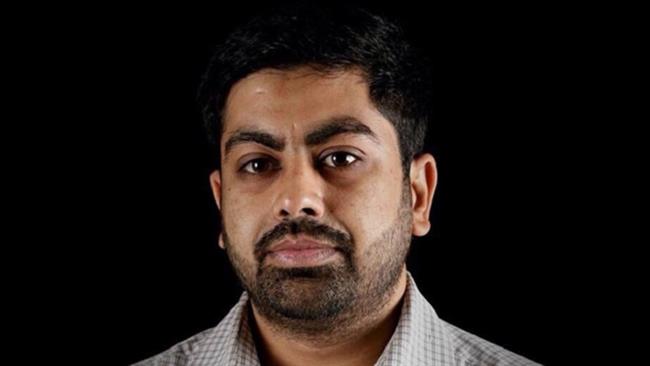
RNA - The Paris-based international non-governmental organization, known by its French acronym RSF, announced in a statement on Thursday that critical voices were increasingly being suppressed in Bahrain as the margin of freedom was gravely shrinking.
RSF also called on the Al Khalifah regime to stop arbitrary arrests and trial of journalists and bloggers under the pretext of combating terrorism.
The group further noted that Bahrain’s campaign of silencing media outlets was not limited to local press, like independent and opposition-linked al-Wasat newspaper that was closed in early June.
On January 16, Bahraini officials had suspended the online version of the opposition newspaper.
RSF said the restrictions had also affected local journalists, who work as field correspondents for foreign news agencies and networks like AFP, Reuters, The Associated Press and France 24.
Reporters Without Borders also expressed concern about the situation of the press in the tiny Persian Gulf kingdom, arguing that access to information was more restricted than ever before.
It stated that detained journalists were subjected to various forms of ill-treatment in addition to medical negligence.
On October 30, a Bahraini court sentenced blogger Ali al-Mearaj to life in prison and newspaper journalist Mahmood al-Jazeeri to 15 years behind bars.
Thousands of anti-regime protesters have held demonstrations in Bahrain on an almost daily basis ever since a popular uprising began in the country in mid-February 2011.
They are demanding that the Al Khalifah dynasty relinquish power and allow a just system representing all Bahrainis to be established.
Manama has gone to great lengths to clamp down on any sign of dissent. On March 14, 2011, troops from Saudi Arabia and the United Arab Emirates were deployed to assist Bahrain in its crackdown.
Scores of people have lost their lives and hundreds of others sustained injuries or got arrested as a result of the Al Khalifah regime’s crackdown.
On March 5, Bahrain’s parliament approved the trial of civilians at military tribunals in a measure blasted by human rights campaigners as being tantamount to imposition of an undeclared martial law countrywide.
Bahraini monarch King Hamad bin Isa Al Khalifah ratified the constitutional amendment on April 3.
847/940